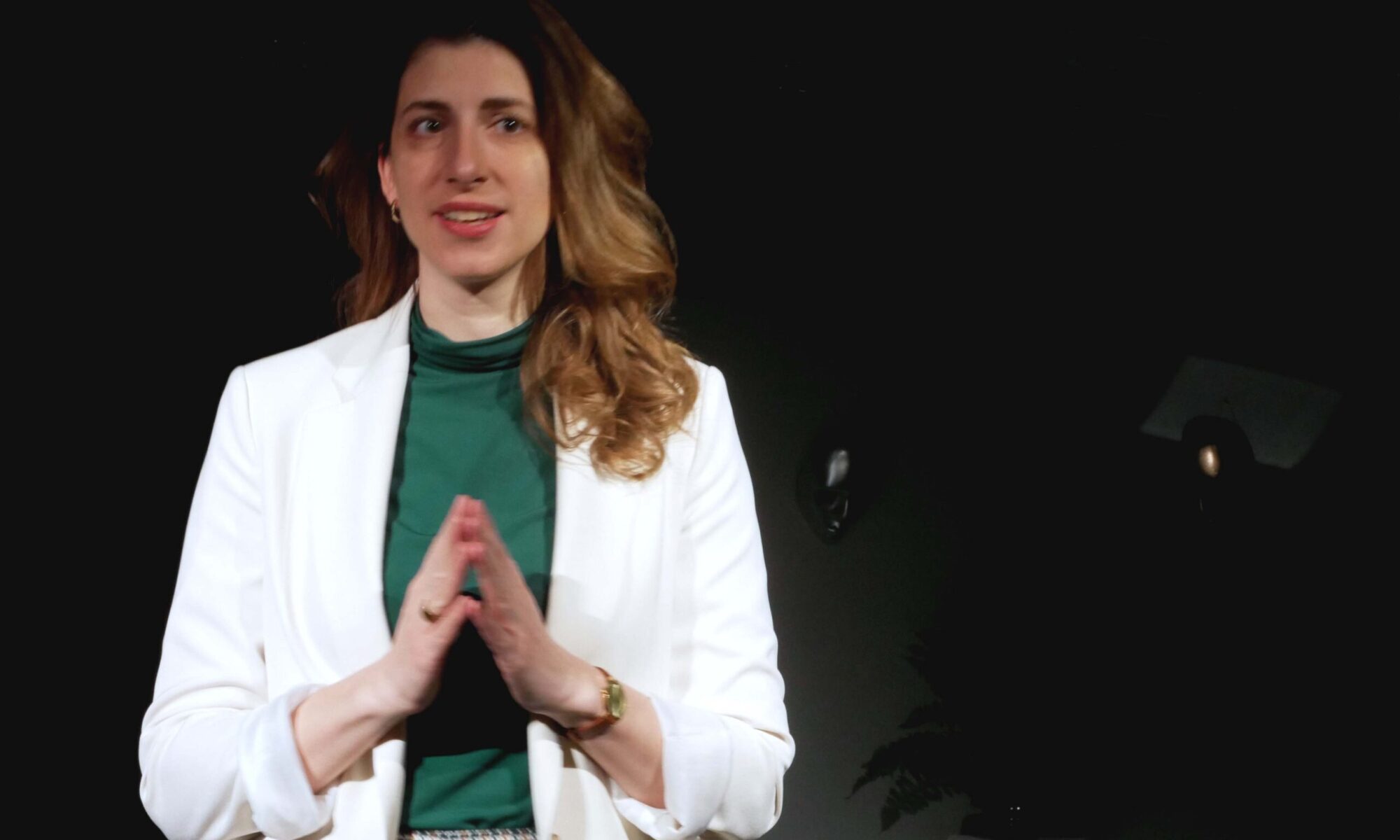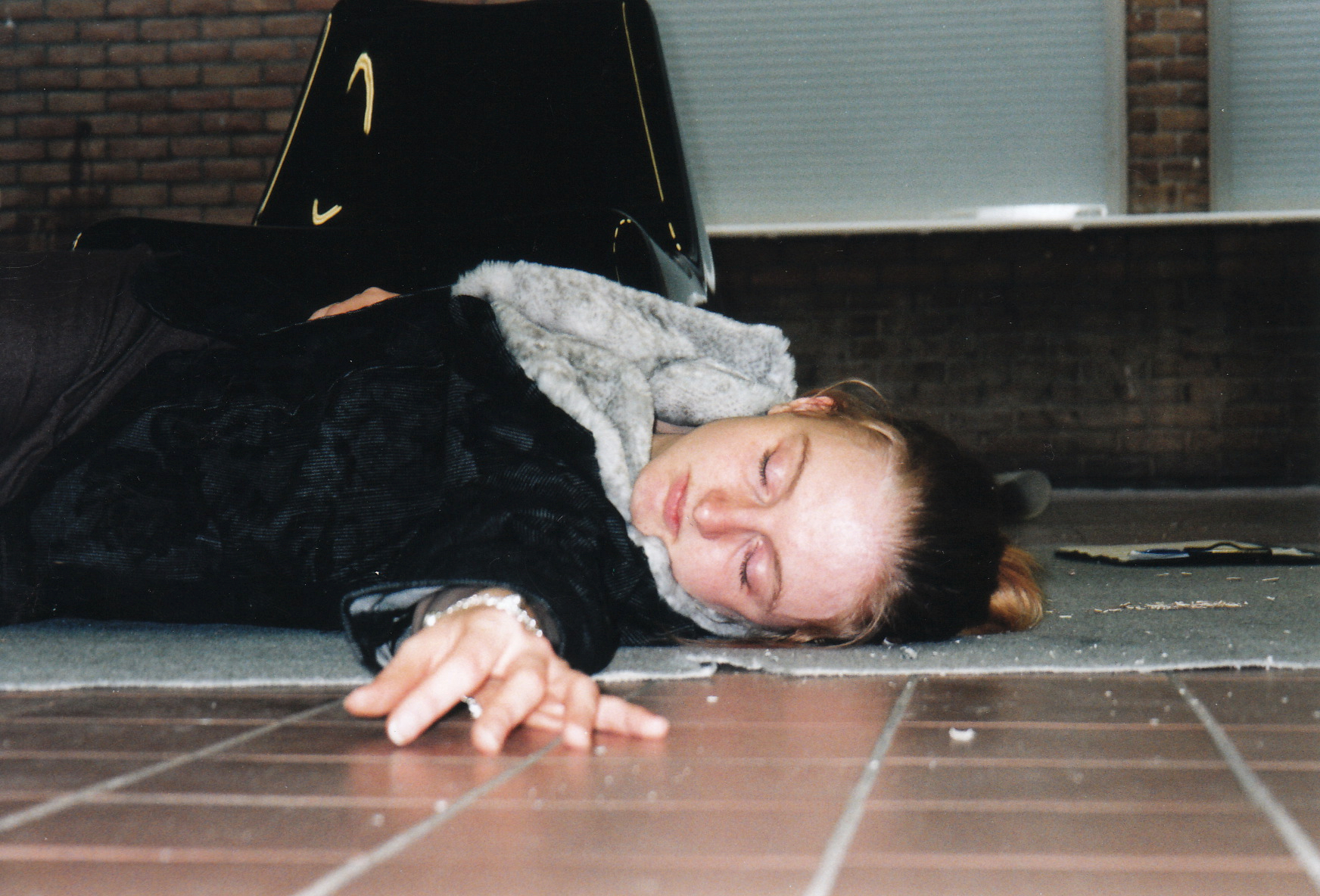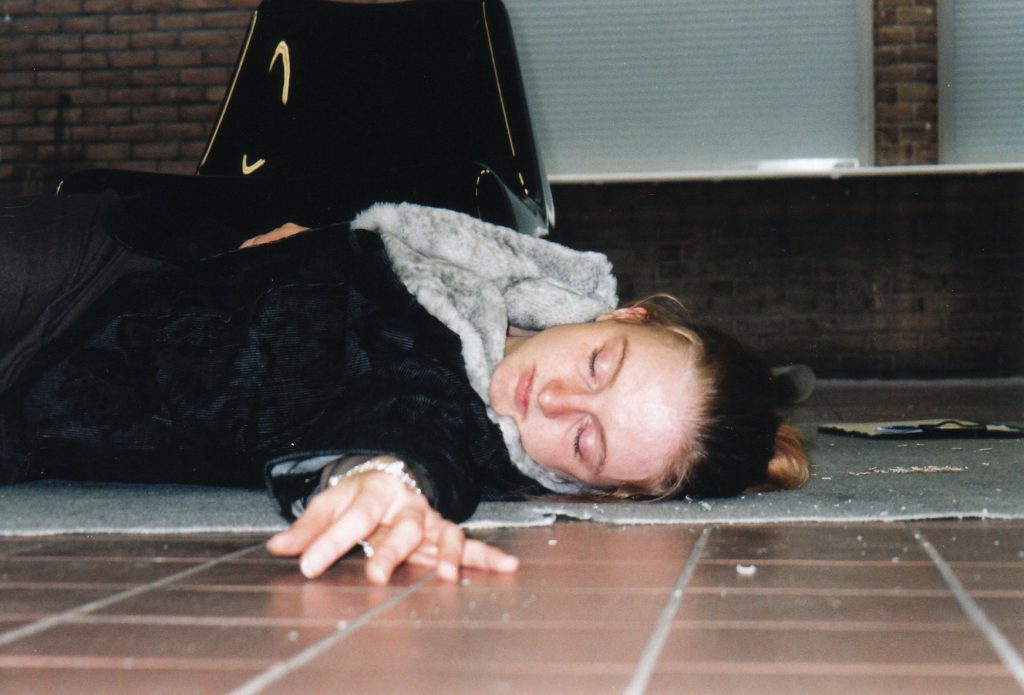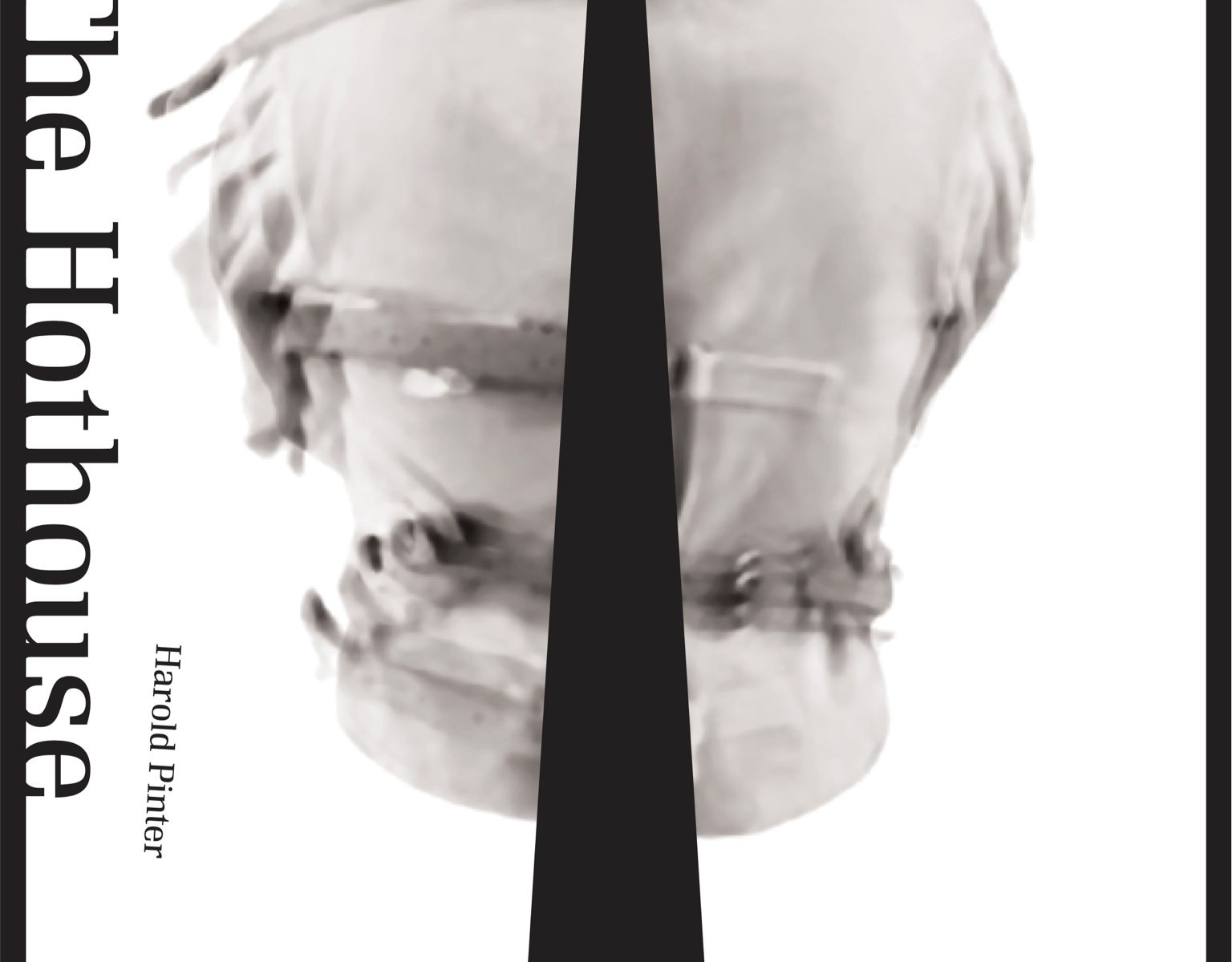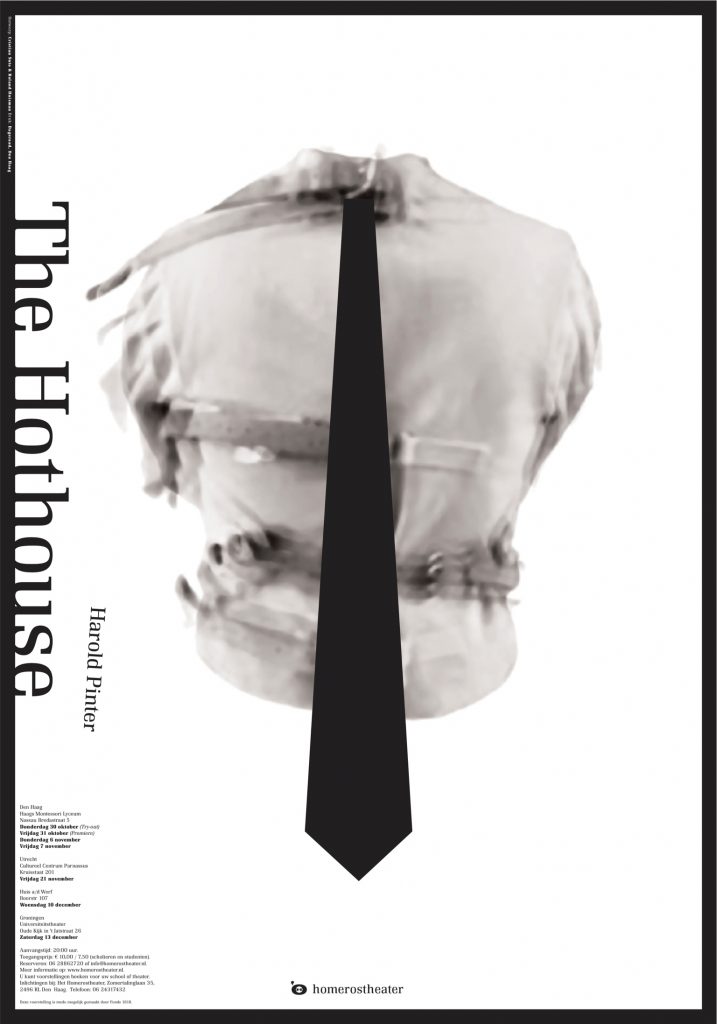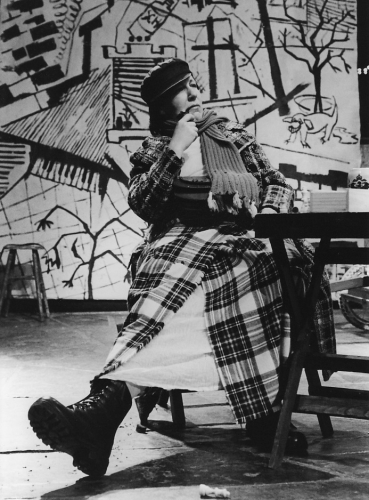
2005 – 2006
performed in Middle Dutch
Director: Arne Sybren Postma
Homerostheater chose the medieval text Mariken van Niemeghen to be performed in the old Middle Dutch language. We have a long history of performing theater classics in their original languages (Homer, Molière, Brecht, and Pinter). This play was our first production of a medieval theater classic from Dutch history that was performed entirely in Middle Dutch.
Why sell your soul to evil? What is evil these days? Choosing evil makes you guilty, but if you have no other choice than evil, are you still guilty? And is pure remorse enough to receive forgiveness?
Mariken van Niemeghen is a text that does not get performed often anymore, and certainly not in Middle Dutch. The story of a young girl, that goes shopping for her uncle in Nijmegen, ends up on the street due to awful treatment at the hands of her aunt and subsequently sells her soul to the devil, doesn’t seem to inspire many contemporary theater makers. Homerostheater however does see inspiring themes that even now, maybe especially now, will appeal to a diverse audience.
The Mariken as it has been given to us, is based on an old medieval Maria story, meaning the a dramatised version of a miracle tale in which the Mother of God sets about the salvation of our main character. As such it can be seen as a mirror to the religious life in the Netherlands in around 1500 AD. In the christian faith of the middle ages the temporary was seen in the frame of the eternal. Life on earth was the principle factor in what would come after: heavenly bliss or eternal damnation.
This does not mean that the Mariken is a singularly pious text; the story is not only set in a city, against typical tapestries of life such as an inn, the market square, a monastery, but also during the weekly market. The exchanges are peppered with daily expressions, at times razor sharp, fast and funny, with a unique tone for every character. So one can speak of real people. The inn scene features ravenous drinking and flirting. Medieval audiences loved such scenes and why would today’s audiences be any different? All these aspects of the Mariken were done justice in this version by homerostheater.
We kept closely to the original text, using the scientific text edition by Bart Ramakers (Prometheus/Bert Bakker, 1998). The meter and rhyme are an enrichment to the language, and we treated the rhetorical poetry with the utmost care; the precise use of the text strengthened the understanding as also the dramatic aspect.
The choice in style was driven by the medieval text and the “visual character of the spirit of the late middle ages” (Johan Huizenga, Herfstij der Middeleeuwen, 1919). By all means we did aspired to find passion and a childlike nature; there should be no doubts about the motives of a character, for then the model function of a character would collapse.
To stay as close as possible to the ambiance and feeling of the middle ages setting, we performed the piece as much as possible in churches in the Netherlands. Schools were also open to invite us to perform, in auditoriums or theaters.
The Mariken was performed in churches in The Hague, Utrecht, Groningen, and Nijmegen, and at schools in Zeist, Hilversum, and Almelo.
Cast
Julia Lintelo as Mariken
Sebo Boerma as Moenen
Corné Versteegh as Uncle Ghijsbrecht
Manon Waterreus as Moeye, Ons Lieve Vrouwe
Ruud van der Zalm as Devil, God, Percussion
Jan Kees in ‘t Veld as Masscheroen
Niels Klok as Borgher, Pope
Mels Kroon as Deen Gheselle
Rianne Hartemink as Dander Gheselle
Herman Duchenne as White Angel
Coca Román van Dongen as Narrator-Angel, Harp
